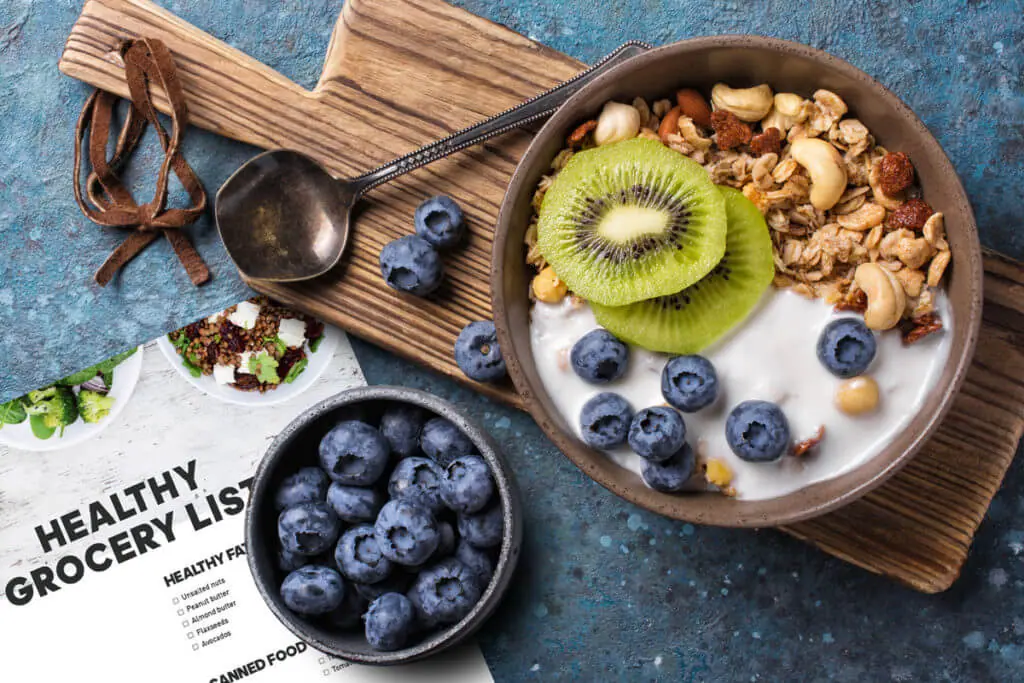
We tend to think of food as something that provides us with calories and nutrients to keep our energy levels high. And, as far as we’re concerned, one type of food is as good as any other.
But research is revealing that some ingredients in your pantry go beyond providing basic nutrition. They also operate via specific channels in the body in unique ways. Researchers call this special category of food “functional foods.” And you can think of it as the new “superfood” – foods that you really should prioritize if you can.

There are all kinds of functional foods available. Researchers usually split them into two categories: conventional and modified.
Conventional functional foods are usually just whole food ingredients, while modified are usually some twist on whole food. Good examples of natural functional foods include legumes, herbs and spices, seafood, whole grains, nuts, vegetables and fruits. These items may offer all kinds of nutritional benefits that you just wouldn’t get if you ate the regular Western diet.
For example, many foods, such as nuts and berries, help to protect against disease. Some contain compounds that help to fight free radicals and protect organs against damage. This process, in turn, can lower a person’s risk of developing common diseases, such as heart disease, cancer and diabetes. Other functional foods, such as flax, are high in omega-3 fatty acids. These compounds are shown to reduce inflammation and improve overall heart health. Avoiding nutrients that are present in such food can put you at risk of heart disease. As we grow older, the food we eat and our lifestyle can have a direct impact on our heart health. It is even advised by medical practitioners to consult a cardiologist (you can read more about how cardiologists treat heart disease here) and run a few primary tests just to make sure everything looks right.

Functional foods may also have benefits for people going through profound bodily changes. For example, certain fortified foods might be beneficial for pregnant women. Cereals, grains and fortified flours, for instance, come with folic acid and B-vitamins to protect health.
You’ll also notice that many functional foods are often high in fiber. Roughage in the diet could reduce the incidence of acid reflux, hemorrhoids, obesity, heart disease and gastric issues. Over time, functional foods can change how your body moves and feels. When you place a person on a diet rich in functional foods for a year, they typically lose weight, become more flexible and experience less day-to-day pain.
That’s why chiropractors, such as Unwind Health, emphasize the importance of functional nutrition. Not all foods are created equal. Some really are better at others in specific situations. And so it pays to leverage their unique nutritional properties to maximize the effectiveness of other therapies.
The Bottom Line

Essentially, functional foods help to return the human body to a state of nature. Before the 20th century, only kings ate, moved and slept like we do today. Now practically everyone is eating a rich diet and leading a sedentary lifestyle. And that’s leading to the health problems we see all around us.
Functional foods return us to the past. They provide us with the nutritional composition nature intended. They avoid junk and replace it with the complex chemistry of natural plant matter – precisely what our bodies need to be at their best. Increasing your functional food intake is easy. Eat oatmeal for breakfast, make a salad for lunch, and base your dinners around beans, herbs, and spices. Good luck!

